Has gentrification become the new affirmative action debate of our generation?
 |
| Arts on the Avenue (Anacostia, Summer 2011) |
When it comes to reporting news East of the River it is bad enough to focus primarily on the negative, it is only slightly better when the "positive" reporting comes with a caveat.
 |
| LaThreadz Fashion Show (Anacostia, Fall 2010) |
I am not so blind to recognize the challenges facing East of the River. I am not so naive to think that race and economics does not play a significant role in how we move forward as a community. The unemployment statistics are inexcusable and should leave the city and the nation shamefaced. These are all real issues in need of immediate solutions. However, I don't think that makes us incapable of wanting more or achieving more based on our own merits. In the months, weeks, and days leading up to the LUMEN8Anacostia kick-off I saw Anacostia and Ward 8 residents come together. They coordinated community cleanups, stayed in touch with DDOT regarding street improvements, advocated for new trees to be planted on MLK Avenue and they volunteered for the festival. Most of these community advocates were of the "poor and black" demographic that is often the subject of news headlines and gentrification studies.
When white middle-class neighborhoods improve it is called "progress," a natural progression of achievement; the precursor to the holiest of holy of economic development labels: an "up and coming" neighborhood. Why is it that when progress happens in predominately Black, lower-income neighborhoods, it is framed around a discussion about gentrification? When did "poor and black" become code-words for a lack of pride or sense of community? When did the most obvious reason for progress (success based on merit) become the most unlikely? Why is it just assumed that when neighborhoods become safe, clean, and prosperous all the poor Black people have to leave? What does that say about our perception of the capabilities and morals of the poor and the Black?
There is this often-told joke that all the Martin Luther King Jr. Avenues in the country are in bad neighborhoods.
Why is that?
 |
| Anacostia Art Gallery & Boutique (Spring 2011) |
Our success as a black family may not have been publicized but it was no less real and no less deserving. Even the "poor" neighborhoods of my grandmother and grandfather's youth were clean, orderly, and safe. Community pride didn't come with an income requirement.
 |
| Anacostia residents advocating for economic development (Jan 2012) |
Why can't success East of the River ever be attributed to the efforts of the people (black and white) who live here, now?
Why is there this perception that outside forces must save us from ourselves?
Why does every measure of success have to framed around a discussion of gentrification?
Why does it seem that things only really matter if a certain demographic is present to legitimize it? (The truth is that cool things have been happening in Anacostia for years, even if not as many people had been around to see it.)
 |
| East of the River Juried Exhibition Anacostia, Summer 2011) |
Perhaps the white knight in shining armor is actually a black woman living in Southeast.
To submit an article or to inquire about advertising send an email to Advoc8te@congressheightsontherise.com.
